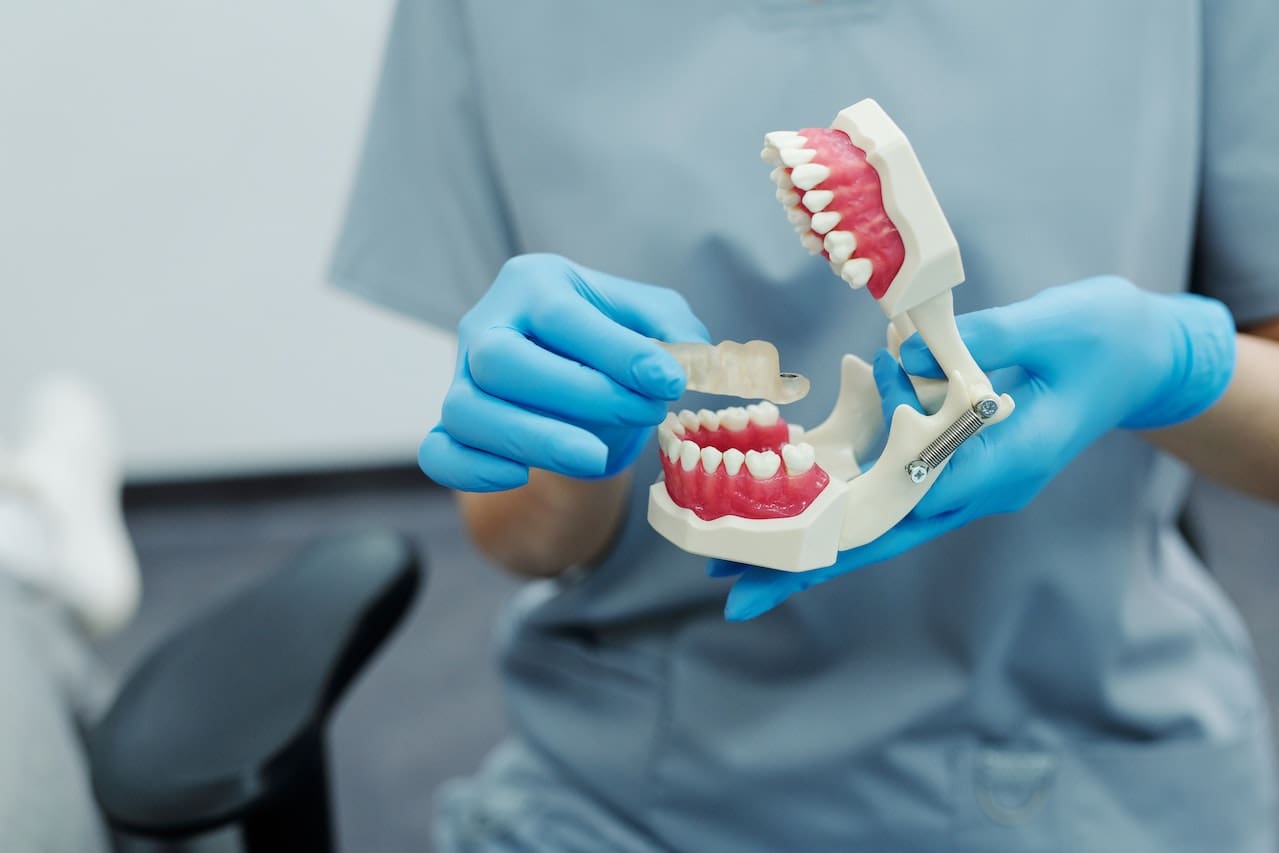Dental bonding is a cosmetic procedure used to improve the appearance of teeth. It involves applying a composite resin material to the surface of the tooth, which is then hardened and polished for a natural look. Dental bonding is often used to restore chipped or discolored teeth, and can also be used to close gaps between teeth or to change the shape and size of teeth.
Although dental bonding is a relatively simple procedure, it’s important to take proper care of your teeth afterward to ensure the best results. Proper dental bonding aftercare can help keep your teeth looking their best and ensure that the bonding material lasts as long as possible.
In this article, we’ll cover the basics of dental bonding aftercare, including what to do and what to avoid.
Why Aftercare is Important
Aftercare is an important part of dental bonding, as it is with any dental procedure. The bonding materials used to repair a tooth must set properly in order for the repair to be effective and long-lasting. Proper aftercare will also help minimize the risk of infection or any other complications.
It is important to follow the advice of your dentist regarding aftercare, such as avoiding hard or chewy foods for the first few days, to ensure that the bonding materials have time to be properly set and the tooth is able to heal properly.
Risks of Dental Bonding
Dental bonding is a relatively safe procedure, but as with any dental procedure, there are some risks. The main risk is that the bonding material may not adhere correctly to the tooth and can discolor or chip over time.
Additionally, the tooth may become sensitive to hot or cold temperatures.
What to Do Immediately Post-Treatment
Immediately after dental bonding, it is important to take proper care of your teeth to ensure the longevity of the treatment. After treatment, you should avoid eating or drinking anything for at least 30 minutes to ensure the bonding material has enough time to set.
Additionally, you should not use any abrasive toothpaste or brush your teeth too harshly for the first 24 hours to ensure the material does not become damaged. You should also be sure to keep up with regular brushing and flossing habits to keep your mouth clean and healthy.
What to Do for Long-Term Care
Long-term care for dental bonding is important for keeping your teeth looking and feeling great. To ensure the best results, it is important to maintain a good oral hygiene routine that includes brushing twice daily and flossing at least once a day.
What Food to Avoid
It is important to be mindful of what food you eat after having dental bonding. Hard or crunchy foods like popcorn, nuts, and hard candy can easily damage the dental bond and should be avoided.
Sticky and sugary foods, such as gummy candies, caramel, and taffy, should also be avoided because they can cause bacteria to build up around the bonded area, leading to tooth decay. Instead, opt for softer foods like cooked vegetables, mashed potatoes, and oatmeal. Additionally, make sure to brush your teeth twice a day and floss regularly to maintain good oral hygiene.
Conclusion
Dental bonding aftercare is an important factor in ensuring the longevity of the bond. It is important to visit the dentist regularly to ensure the bond remains secure. With proper care, dental bonding can provide a great solution for correcting minor cosmetic dental issues.
If you are considering dental bonding, you can trust Chestnut Hill Dental. We are the best dentists in Brighton, MA that can help get the proper dental care. Get in touch with us today to learn how.


